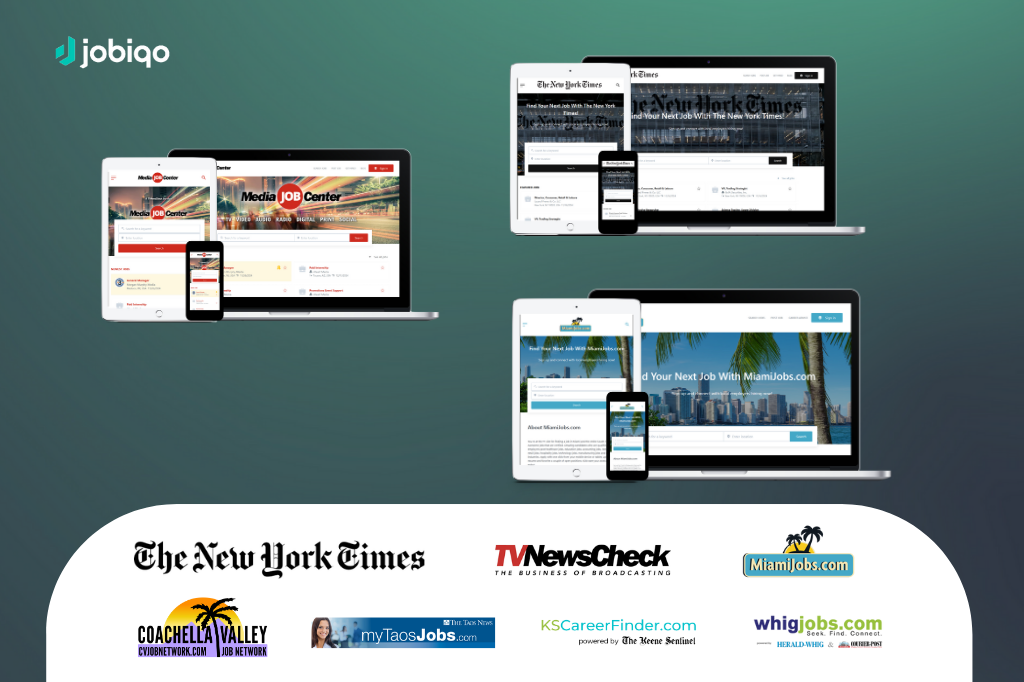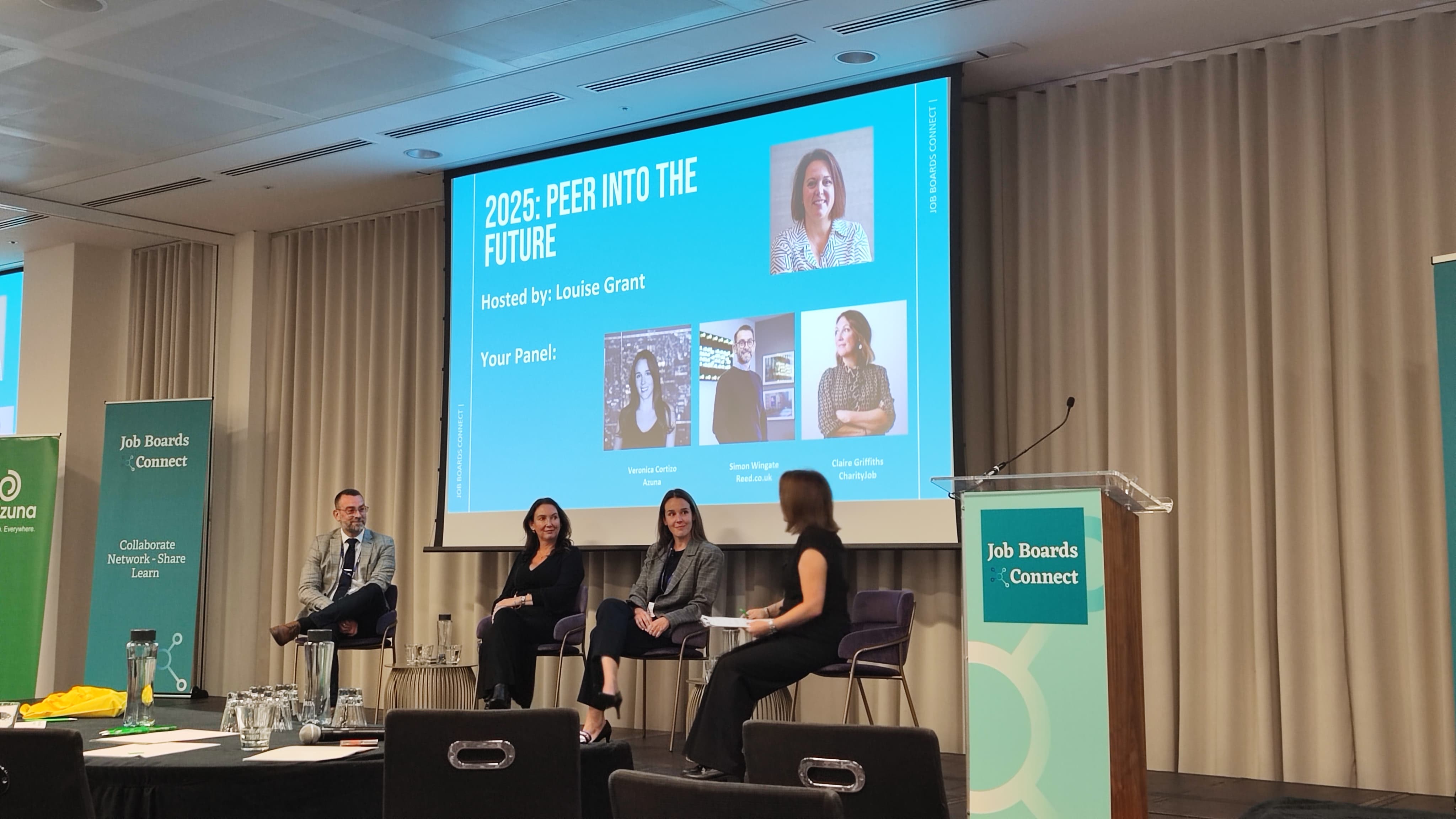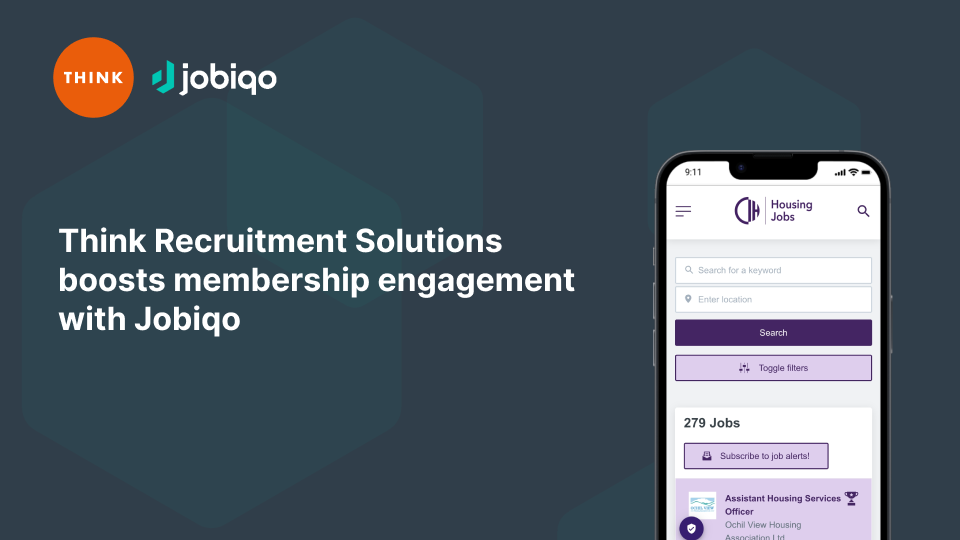The AI Recruiting Summer - Lessons from ChatGPT's Journey

The AI Recruiting Summer - Lessons from ChatGPT's Journey
It's easy to get swept up in the excitement of new tools and innovations. The rise of AI, particularly large language models (LLMs) like ChatGPT, has been meteoric. Within just two months of its launch, ChatGPT has reached 100 million users—a milestone that took the iPhone years to achieve. It is important to remain grounded, we see that early adoption and excitement don’t necessarily equate to long-term success.
Ben Evans' recent article, "The AI Summer," offers a critical perspective on the current state of AI, which is extremely important in the recruitment industry. Technologies like ChatGPT may look like finished products, but they’re far from it. They’re great tools but in need of refinement, iteration, and, most importantly, a clear path to product-market fit.
At Jobiqo, we believe this insight is important for anyone involved in job boards, programmatic job advertising, and talent acquisition technology. Let’s explore the lessons from ChatGPT's rapid rise and its subsequent challenges that can inform our approach to developing and deploying recruitment technologies.
The Hype vs. The Reality
ChatGPT was hailed as a game-changer, much like how new recruitment technologies are often greeted with enthusiasm. But as Evans points out, while millions of people tried ChatGPT, many didn’t return after their initial curiosity was satisfied. Despite its impressive novel capabilities, many users couldn’t find a compelling reason to integrate it into their daily routines.
This pattern is not unique to AI. In the recruitment industry, we've seen similar trends, like HR Tech and AI expert Alexander Chukvoski already pointed out earlier this year. A flashy new feature or tool might generate initial interest, but the real question is whether it can deliver consistent value over time to a market and the wider audience it was designed to serve.
The Importance of Finding Product-Market Fit
One of the most critical lessons from this observation is the importance of product-market fit. Evans argues that LLMs like ChatGPT aren’t finished products—they are powerful technologies that need to be integrated into tools and workflows that genuinely solve problems working tirelessly in the background in a seamless and unobtrusive way. This is a process that takes time, testing, and a deep understanding of the market.
In RecTec, we need to be cautious about adopting new tools just because they are seen as innovative and or AI-driven. Instead, we should focus on how these tools fit into the broader recruitment process.
We must first answer these decisive questions:
Do they address validated pain points of recruiters and job seekers? Can it be seamlessly integrated into existing workflows? Can they adapt to the unique demands of different industries and job markets?
Enterprise Adoption: A Cautious Approach
Enterprises are taking a cautious approach to AI adoption. While there’s no shortage of interest, full-scale deployment remains rare. This is partly because integrating AI into business processes is complex and requires careful consideration of factors like accuracy, reliability, and user trust. McKinsey reinforces this by discussing the significant opportunities generative AI presents while also warning of the associated risks.
In recruitment, this translates to a need for careful evaluation before rolling out new technologies across the board. Not just because of the recently published EU AI Act which puts HR-related AI applications into the “high risk” category, including, but not limited to risks like bias in AI recruitment systems.
Jobiqo’s Approach to Generative AI: Experimentation and Iteration
At Jobiqo, we're fully aware of the challenges that come with integrating new technologies like Generative AI into our products. Drawing on the lessons highlighted by Ben Evans, we’ve taken a deliberate approach to identify and test various AI-driven use cases within the recruitment technology space. Rather than rushing to deploy AI solutions at scale, we’re focusing on running experiments and initiatives that allow us to quickly gauge their effectiveness and relevance. Last year, we already shared our view on exceptional opportunities like skill based matching which show some of the evolving use cases of Generative Artificial Intelligence (Generative AI) in HR and recruiting.
One more recent initiative is a job description generator, which initially sparked significant interest among our clients. However, as we've seen with tools like ChatGPT, initial curiosity doesn't always translate into sustained use. While the job description generator looks promising, its usage has been lower than expected. This insight has been invaluable, reinforcing the importance of aligning new tools with the specific needs and workflows of our users. This has also been recently discussed by Peter Weddle of TATech.
On the other hand, less visible but highly impactful features like social media automation, powered by Jobiqo AIR, have proven to be game-changers. By automating social media job advertising, we've helped clients achieve substantial cost savings and performance optimizations. This success story illustrates that not all breakthroughs are immediately apparent—sometimes, the most valuable innovations are those that seamlessly integrate into existing processes and deliver consistent, measurable benefits. With these AI automation, suddenly our clients can boost more than 1,000 jobs in a month within their dedicated Facebook groups and other social media channels.
Our approach at Jobiqo is to continuously refine our AI-driven offerings based on real-world feedback. We understand that finding the right product-market fit is a journey, not a destination. By listening closely to our clients and iterating on our technology, we’re confident that we will uncover the AI applications that provide the most value to the recruitment industry.
At Jobiqo, we’re committed to not only embracing innovation but also ensuring that our tools truly meet the needs of our clients. By focusing on product-market fit, running targeted experiments, and listening to user feedback, we aim to build technologies that don’t just impress at first glance but deliver lasting value.
As we continue to explore the potential of AI in recruitment, we remain grounded in the principle that success comes from continuous learning and adaptation. We invite you to join us on this journey as we work to redefine the future of job boards, programmatic job advertising, and talent acquisition technology.
Further Readings / References:
- https://www.ben-evans.com/benedictevans/2024/7/9/the-ai-summer
- https://www.alexanderchukovski.com/rapid-generative-ai-adoption-in-enterprises-is-questionable/
- https://tatech.org/product/chatgpt-alexander-chukovski/
- https://www.mckinsey.com/capabilities/mckinsey-digital/our-insights/embrace-gen-ai-with-eyes-wide-open
- https://www.alexanderchukovski.com/the-four-ai-waves-from-a/
- https://fs.blog/gates-law/
- https://www.tuwien.at/ace/news/news/the-dual-edge-of-ai-ein-alumni-tuesday-mit-ki-expertise-von-martin-lenz-ceo-von-jobiqo
- https://www.jobiqo.com/job-board-trends-2024-programmatic-job-advertising-ai-and-ux
- https://www.jobiqo.com/future-job-matching-skill-based-matching-artificial-intelligence
- https://tatech.org/shaping-the-future-of-ai-in-talent-acquisition-a-dialogue-with-jobiqos-martin-lenz-on-ethics-innovation-and-bias-mitigation/
- https://digital-strategy.ec.europa.eu/en/policies/regulatory-framework-ai




